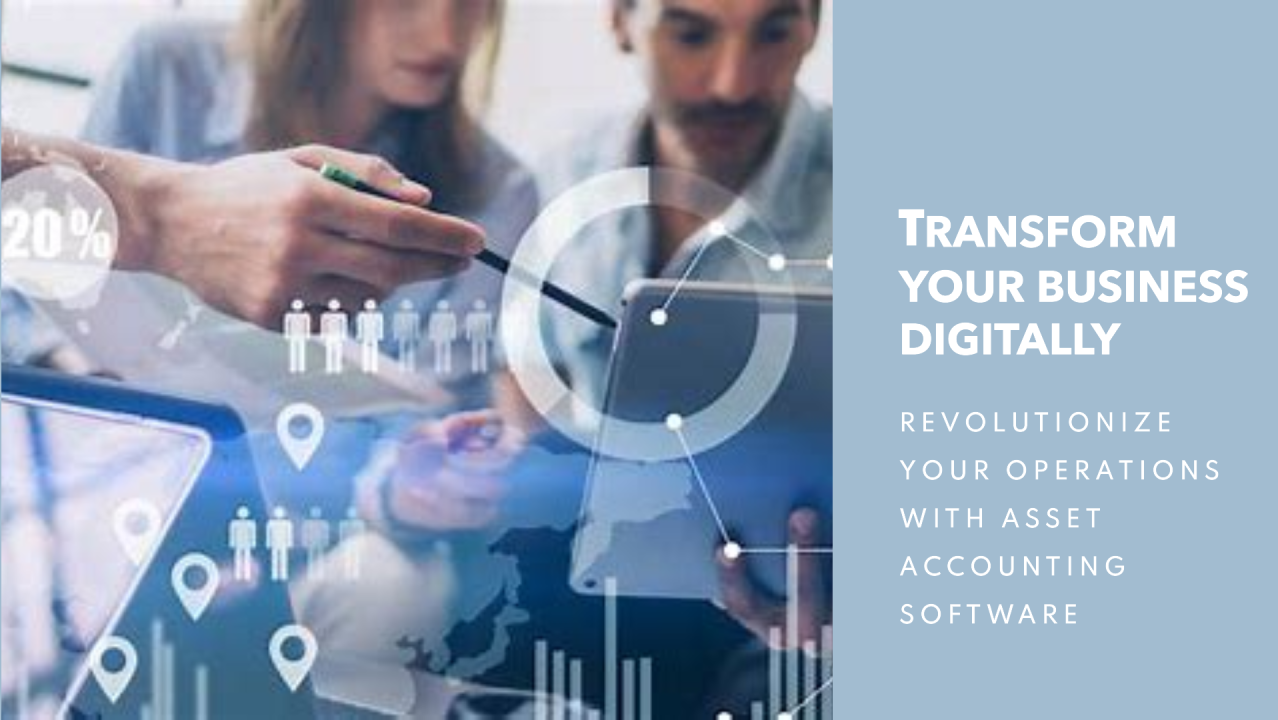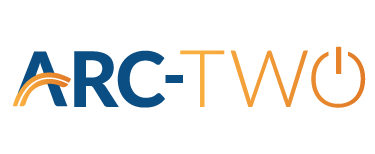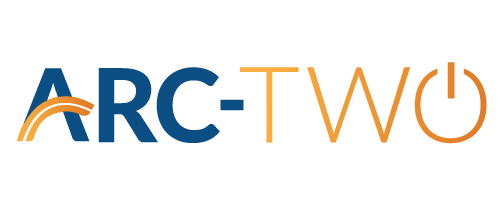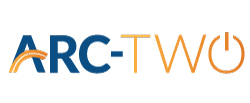
The Role of Asset and Tax Accounting Software During Digital Transformation
As utility companies face growing complexity in financial management, driven by rapid changes in technology, increasing operational demands, and evolving regulations, the need for modern asset accounting software has never been more critical. Traditionally, utility companies managed these processes through manual systems or outdated software, often leading to inefficiencies, errors, and challenges in compliance. However, the landscape is changing as digital transformation reshapes the utility sector, creating new opportunities to enhance financial management, improve accuracy, and streamline operations.
Asset Accounting software specifically designed for utility companies is a key enabler of this transformation. It helps manage core financial processes, from book and tax asset accounting to regulatory reporting, while offering automation and real-time data insights that are essential for thriving in today’s fast-paced environment. As utility companies adopt more advanced technologies, robust solutions allow them to stay competitive, compliant, and operationally efficient.
The Shift to Digital Transformation in Utility Asset Accounting
Digital transformation in the utility sector refers to the integration of advanced technologies to streamline operations, improve service delivery, and enhance customer experience. This shift includes adopting modern, digital tools to manage financial operations more effectively, replacing manual workflows and legacy systems with cloud-native systems that offer greater efficiency and accuracy.
Asset accounting software plays a key role in this transformation, offering utilities the ability to automate key financial processes, ensure compliance and accuracy, and enhance tax reporting. By reducing reliance on manual processes, companies can cut down on human errors, enhance data accuracy, and optimize resource allocation, all while ensuring compliance with stringent industry regulations.
How Utility Asset Accounting Software Improves Financial Management
1. Asset Management and Depreciation:
Utilities must manage large-scale infrastructure assets, from power plants and water treatment facilities to distribution lines and pipelines. Properly tracking and managing the financial aspects of these assets, including depreciation and maintenance costs, is critical for accurate financial reporting.
Utility asset accounting software provides a centralized platform to track the lifecycle of all property plant and equipment. This not only ensures that assets are accurately reflected on financial statements but also helps companies plan for future replacements and upgrades, reducing the likelihood of unexpected expenses or operational disruptions.
2. Regulatory Compliance and Reporting:
Utility companies are subject to strict regulatory oversight. Compliance with these regulations is non-negotiable, and failure to do so can result in costly penalties. Utility asset accounting software ensures compliance by automating the tracking of regulatory requirements and generating the necessary reports for regulatory bodies.
3. Streamlined Tax Management:
Utilities face unique tax challenges due to their complex operational structures and jurisdictional requirements. Managing these diverse tax obligations manually can be cumbersome, error-prone, and time-consuming. Utility asset accounting software simplifies tax management by automating tax calculations, ensuring compliance with local, state, and federal tax codes.
These systems allow utilities to manage and track tax assets and associated items, in a structured and detailed manner, thus generating accurate and timely tax reports, simplifying the preparation and filing of taxes, and automating asset-related tax processes.
4. Enhanced Financial Forecasting:
Utility companies operate in a capital-intensive environment, where long-term planning and accurate budgeting are essential. Asset accounting software for utilities should offer robust forecasting that allows users to run out historical data, with or without additional assumptions. This allows utilities to answer forward looking questions and make better informed decisions.
The Importance of Automation in Utility Asset Accounting
One of the most significant benefits of digital transformation in utility asset accounting is automation. By automating repetitive tasks, the software reduces the potential for human error and frees up valuable time for finance teams to focus on strategic decision-making.
Automation can also ensure that processes are standardized across the organization, reducing inconsistencies in financial data and improving overall accuracy – as transactions like retirements and unitization are fully automated.
Data Transparency and Decision-Making
Asset accounting software, by its nature, generates a large amount of transactional data across the book and tax functions. Having access to this data is merely a starting point.Utility asset accounting software should natively and seamlessly provide users access to the data – and the calculations which gave rise to the data.
Instead of a sea of legacy-oriented reports, the software should readily put the data at the user’s fingertips – allowing for quick and easy sorting and filtering, and summarizations and aggregations that are determined by the user, not forced by the software. With regards to calculations, black box processing needs to be a thing of the past. Current day audit and regulatory requirements demand that all calculations be fully transparent, supported, and accessible by the application users.
The Future of Utility Asset Accounting: Scalability and Adaptability
As the utility industry continues to evolve, companies must scale their operations and adapt to new challenges. Whether it’s integrating renewable energy sources, managing large-scale infrastructure projects, or staying compliant with new regulations, all aspects of a utility need to navigate these complexities.
For asset accounting software configurability and scalability are essential to ensuring that it can grow alongside the company – accommodating increased data volumes, supporting changing requirements and levels of detail, and reacting to new regulatory requirements. What is essentially routine change in today’s utility industry should not result in an effort to overhaul an asset accounting system.
In the era of digital transformation, utility asset accounting software is an essential tool for companies looking to transform from legacy processes, improve tax and regulatory compliance, and enhance user productivity and efficiency. By automating core financial processes, allowing interactive and transparent access to data, and providing a platform for inevitable change and growth, this software can play a meaningful role in utilities thriving in an increasingly complex environment. As the utility sector continues to evolve, investing in advanced asset accounting solutions will be key to staying ahead of the curve and achieving long-term success. Reach out today to learn how Arctek can propel your organization into the future!


